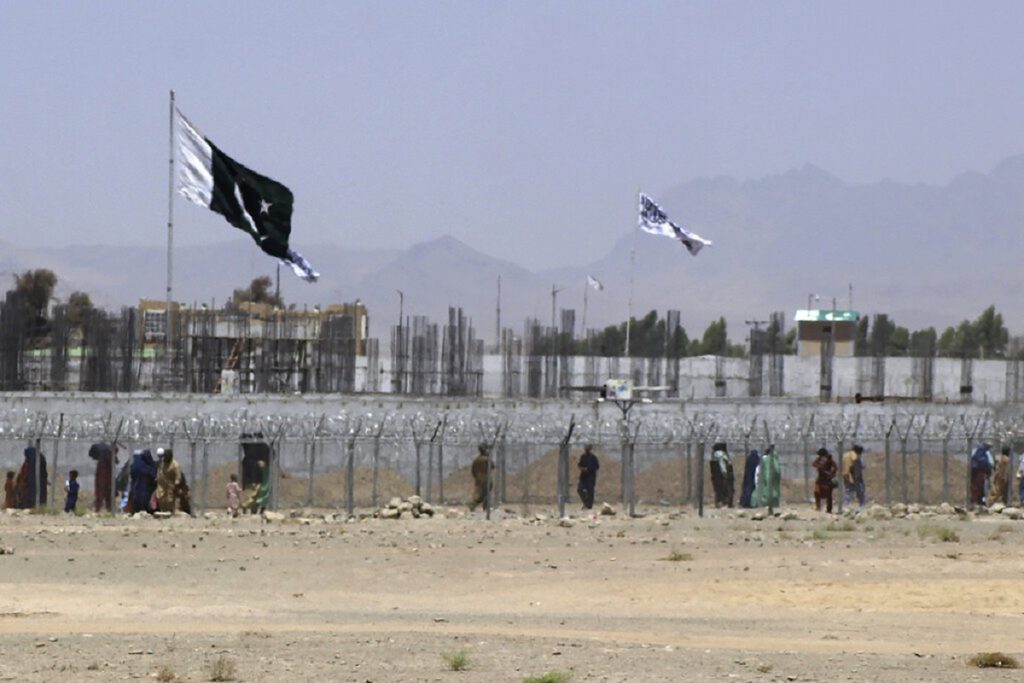Pakistan and Afghanistan share a historical connection, marked by Afghan citizens seeking refuge in Pakistan during pivotal events like the Russian invasion in 1979, the aftermath of 9/11, and the recent Afghan Taliban takeover in 2021. Despite consistently welcoming Afghan refugees, Pakistan anticipated improvements in law and order after the Taliban’s success. However, the situation took an unexpected turn, as efforts to curb terrorism were compromised. The Tehreek-e-Taliban Pakistan (TTP) relocated to Afghanistan, establishing hideouts and resuming operations in Pakistan. Despite Pakistan’s repeated calls for action against the TTP, the Afghan Taliban failed to meet these demands. In response to the escalating threat, Pakistan made a significant decision to evict all Afghan refugees from its soil. This move was driven by the aim to curb terrorism within the country. The Interim Government of Pakistan set a deadline of October 31, 2023, for the eviction of Afghan refugees, who have been residing in Pakistan for up to 40 years.
-
Afghan Refugees’ Response to Eviction:
Afghan refugees have raised concerns about harassment and bribery by Pakistani authorities. Even those with legal documents and Proof of Registration (POR) cards face mistreatment and pressure to leave the country or pay bribes. This situation has created tension among Afghan refugees, who have built their lives in Pakistan over the past four decades.
-
Challenges at the Chaman Border Crossing:
Adding to the refugees’ woes is the slow process at the Chaman border. Despite enduring harassment and bribery attempts, refugees express dissatisfaction and a desire to return to their homeland. Initially, two scanners were installed at the Chaman border, but currently, only one is functional. This operational bottleneck is slowing down the migration process, causing frustration among Afghan refugees who are eager to leave.
-
Torkham Border Crossing:
Seven days after the Apex committee’s decision, dozens of Afghan refugees are voluntarily leaving Pakistan through the Torkham border. These refugees are optimistic about Afghanistan’s stabilization. The process at the Torkham border is comparatively smoother, with a border pass taking 2 to 3 hours to obtain. The Federal Investigation Agency (FIA) has also set up facilities at the Torkham Border, facilitating Afghan refugees in crossing into Afghanistan. Currently, refugees from Punjab and Sindh are making this journey, with plans for those in tribal areas and other parts of Khyber Pakhtunkhwa (KPK) to follow suit in subsequent phases.


